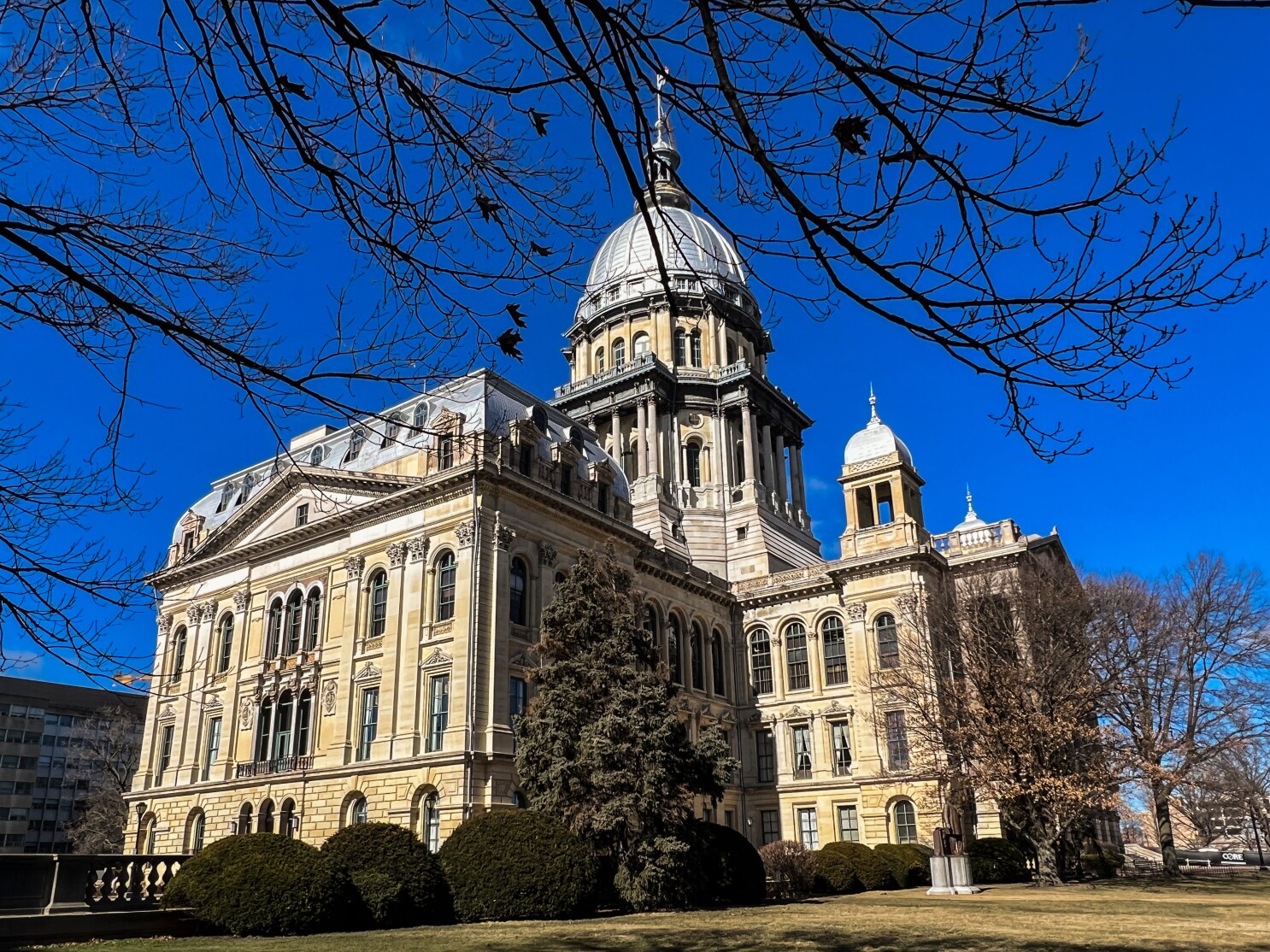The Illinois Senate has passed a $53.1 billion state budget for fiscal year 2025 following extended negotiations. The budget, which generates nearly $53.3 billion in revenues, was approved in a 38-21 vote late Sunday night. The House is expected to vote on the budget this week before it heads to Governor JB Pritzker’s desk.

Key Points of the Budget
The budget reflects Democratic priorities, although some party members sought more funding amid tighter fiscal constraints. “I wish this were a perfect budget,” said lead negotiator Sen. Elgie Sims (D-Chicago). “But…this budget is fair, it’s balanced, and it provides certainty for us investing in our future.”
Despite having a supermajority, not all Democrats supported the budget, while all Republicans voted against it. GOP members criticized the budget for increased spending and prioritizing noncitizens, suggesting it aligns with Governor Pritzker’s political ambitions.
Tax Increases and Revenue Measures
Lawmakers reduced the proposed tax increases from $1.1 billion to between $840 million and $870 million. A notable change is the staggered increase in sports wagering taxes, projected to raise $350 million. Video gaming taxes will also rise from 34% to 35%, expected to generate an additional $35 million.
Governor’s Priorities Largely Intact
Governor Pritzker’s proposed budget of $52.7 billion saw most of his initiatives retained, including the Smart Start Illinois initiative and funding for the migrant crisis. Additionally, a child tax credit was expanded to include children up to 12 years old, costing $50 million in FY25.
One significant compromise involved delaying the elimination of the 1% grocery tax until January 1, 2026. Local governments can impose their own grocery tax up to 1% without a referendum.
Conclusion
The Illinois Senate’s approval of the $53.1 billion budget marks a significant step toward finalizing fiscal plans for 2025, with the House set to vote next. The budget includes notable tax increases and maintains several of Governor Pritzker’s key initiatives, reflecting the priorities of the Democratic majority.